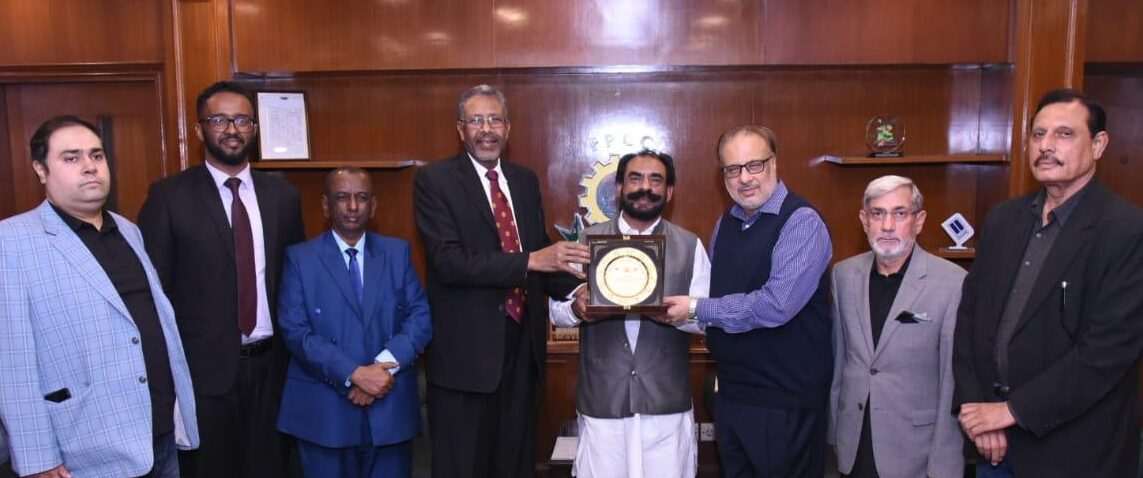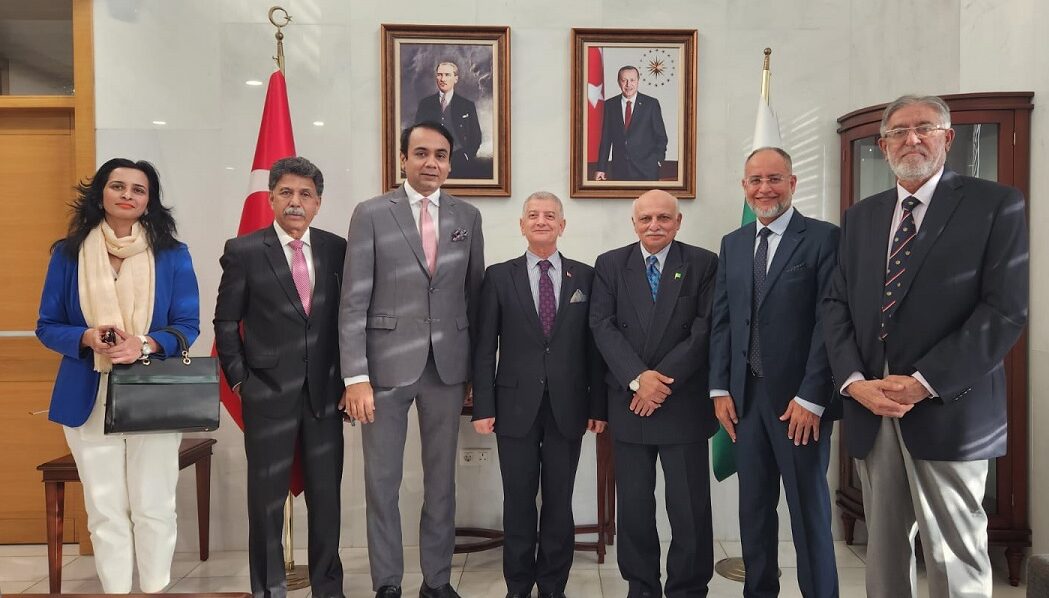Lahore, March 9, 2021: The United States Mission to Pakistan today officially handed over an innovative new metering system to the Government of Pakistan to help network and market operators better manage the national power grid.
The Secure Metering System (SMS), developed by the United States Agency for International Development (USAID), improves Pakistan’s National Transmission and Despatch Company’s (NTDC) ability to forecast power requirements across the country. It also allows Pakistan’s Central Power Purchasing Agency, Guarantee Ltd.
(CPPA-G), to set up an efficient, transparent, and trustworthy billing system for private investors. Eventually, this will enable the Government of Pakistan to buy power at competitive rates from private companies and provide it to consumers at affordable rates.
“The launch of this system is an important milestone for the NTDC and the CPPA-G,” said USAID Mission Director Julie Koenen.
“This initiative facilitates the digitalization of Pakistan’s power sector and will help the government achieve its vision to start a wholesale electricity market, which will help reduce electricity prices for consumers, and provide incentives for businesses and industry to expand their operations.”
“NTDC is committed to improving its operations, and SMS will take our forecasting, data collection, and power management operations to the next level,” said NDTC Managing Director Dr. Khawaja Riffat Hassan.
In addition to the hand-over activity, the event featured a graduation ceremony for 21 energy professionals of CPPA-G and NTDC who progressed from basic to advanced training.
The handover ceremony was organized by USAID’s Sustainable Energy for Pakistan (SEP) Project, a four-year technical assistance initiative.
Through SEP, USAID is supporting the Pakistani government’s efforts to deliver financially sustainable energy services to the people of Pakistan.
The U.S. government’s partnership with Pakistan’s energy sector spans many decades and covers a wide range of projects to meet Pakistan’s ambitions toward energy modernization.


























































































































































































































































































